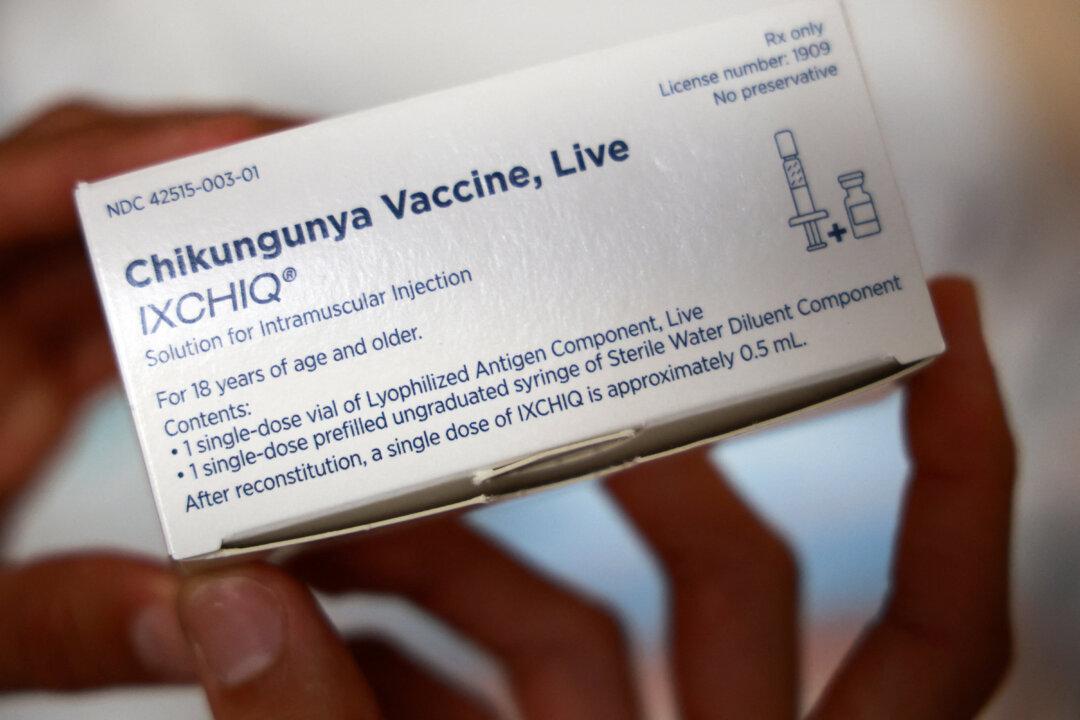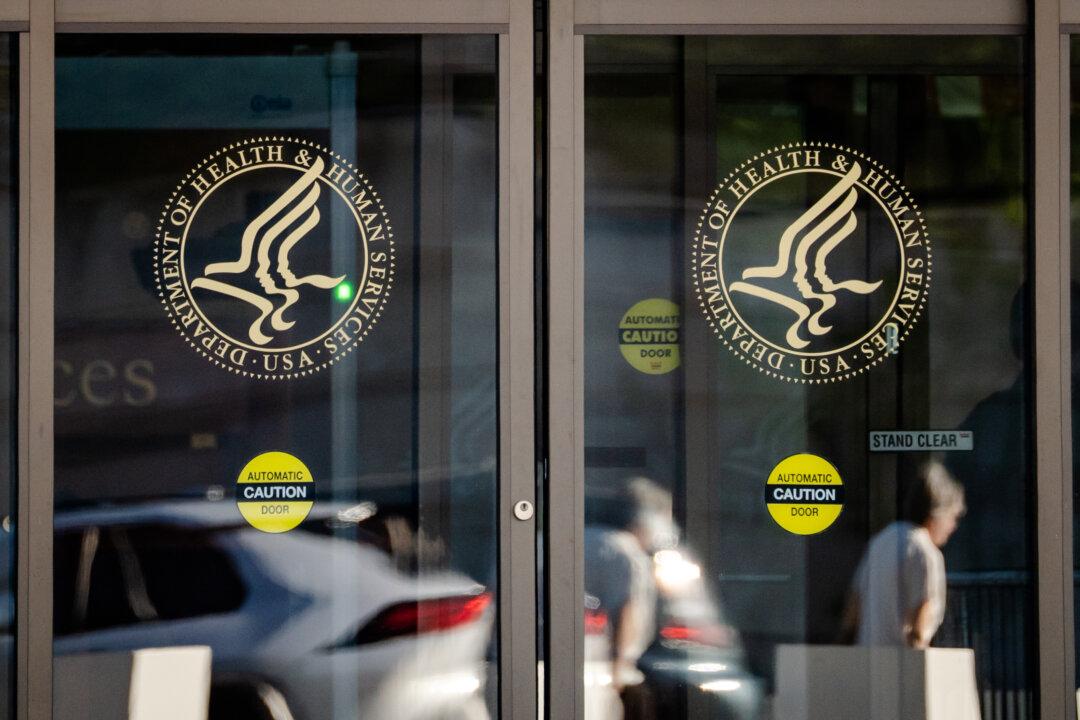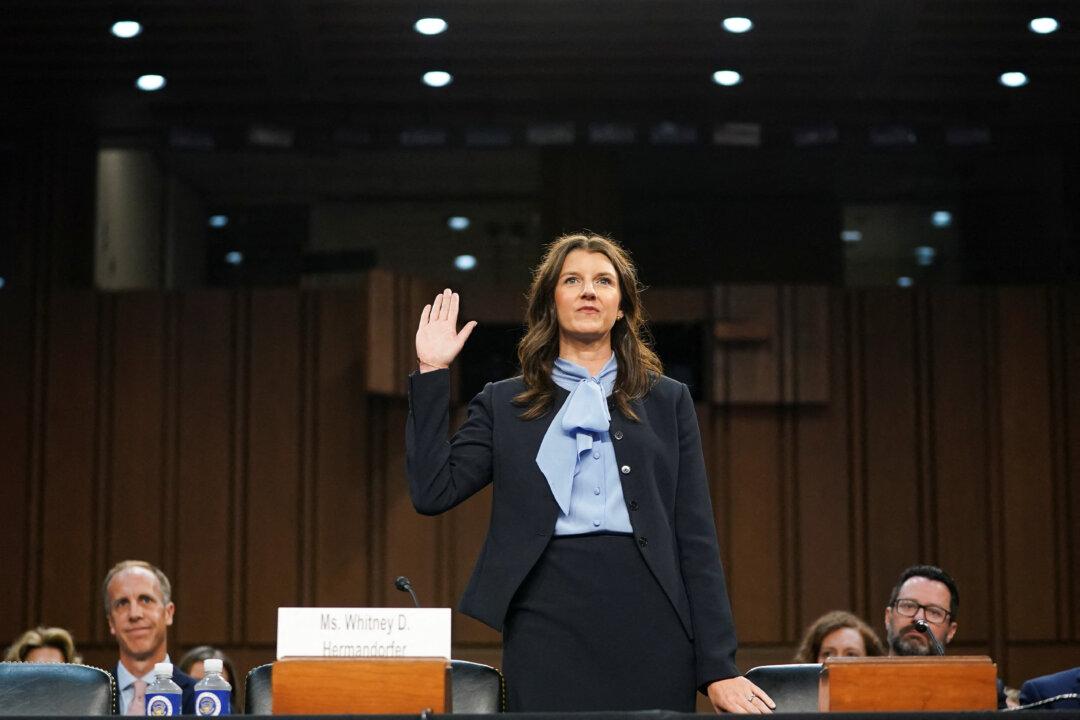The Centers for Disease Control and Prevention planned to recommend that people who suffered heart inflammation following COVID-19 vaccination not engage in rigorous activity for months, according to a newly disclosed document.
The CDC did not respond to a request for comment by publication time.
The CDC should have released the alert, Barbara Loe Fisher, co-founder and president of the National Vaccine Information Center, told The Epoch Times via email.
“How many young lives were put at risk or lost because CDC officials chose not to tell the truth, the whole truth and nothing but the truth about what they knew when they knew it?” she said.
The page does not mention death as a possible outcome.
The Department of Health and Human Services (HHS), the CDC’s parent agency, declined to say whether it is investigating post-vaccination deaths.
The draft was obtained from the HHS by the Senate Permanent Subcommittee on Investigations, which is chaired by Sen. Ron Johnson (R-Wis.), through a subpoena.
The Pfizer and Moderna vaccines utilize messenger ribonucleic acid (mRNA) platforms.
The clinical considerations and the draft health alert both stated that most of the post-vaccination inflammation patients responded well to treatment. The clinical considerations stated that the severity of cases varied, while the draft alert stated that most cases were mild.
Both documents provided advice to doctors, including electrocardiogram examination. And both said that the CDC was still recommending COVID-19 vaccination.
“CDC continues to recommend COVID-19 vaccination for everyone 12 years of age and older given the risk of COVID-19 illness and related, possibly severe complications, such as long-term health problems, hospitalization, and even death,” the clinical considerations reads.
A CDC spokesperson told The Epoch Times in 2024 that the clinical considerations reached health providers, just like the health alert would have.
FDA Emails
The FDA, another agency within HHS, communicated with the CDC in the days prior to the decision not to send the health alert.The official later said the CDC chose to publish the clinical considerations rather than the alert.
Both Dr. Janet Woodcock, acting commissioner of the FDA at the time, and Dr. Peter Marks, head of the FDA’s Center for Biologics Evaluation and Research at the time, were emailing then-CDC Director Dr. Rochelle Walensky before the decision was made, according to other documents released by the Senate Permanent Subcommittee on Investigations.
Woodcock wrote in one email on May 26, 2021, “Rochelle, do you know that FDA does not concur with the issuance of the myocarditis [alert] as written?”
Walensky told Woodcock that she would hold the alert until she spoke to Woodcock.
“Thanks so much. I just learned this was about to go out, despite our concerns,” Woodcock wrote.
A day later, Marks wrote in opposition to releasing the clinical considerations. He said that the FDA “still have concerns here if myocarditis and pericarditis have not actually signaled” and that the clinical considerations were “pretty close to the original” draft alert.
“Can you help me understand why we are doing this when pediatricians and others in the community already seem to be aware?” he wrote.
The CDC had stated internally that by then, there was a safety signal for myocarditis and pericarditis for people aged 16 to 24. It’s not clear whether Marks had been or was subsequently informed of this.
Dr. Demetre Daskalakis, a CDC official, wrote in an email thread with CDC officials that discussed Marks’s missive that “they want to walk back” the language about sports restrictions.
Daskalakis did not respond to a request for comment.
Neither Woodcock and Marks, both of whom are no longer with the FDA, nor Walensky, who left the CDC in 2023, could be reached for comment.





